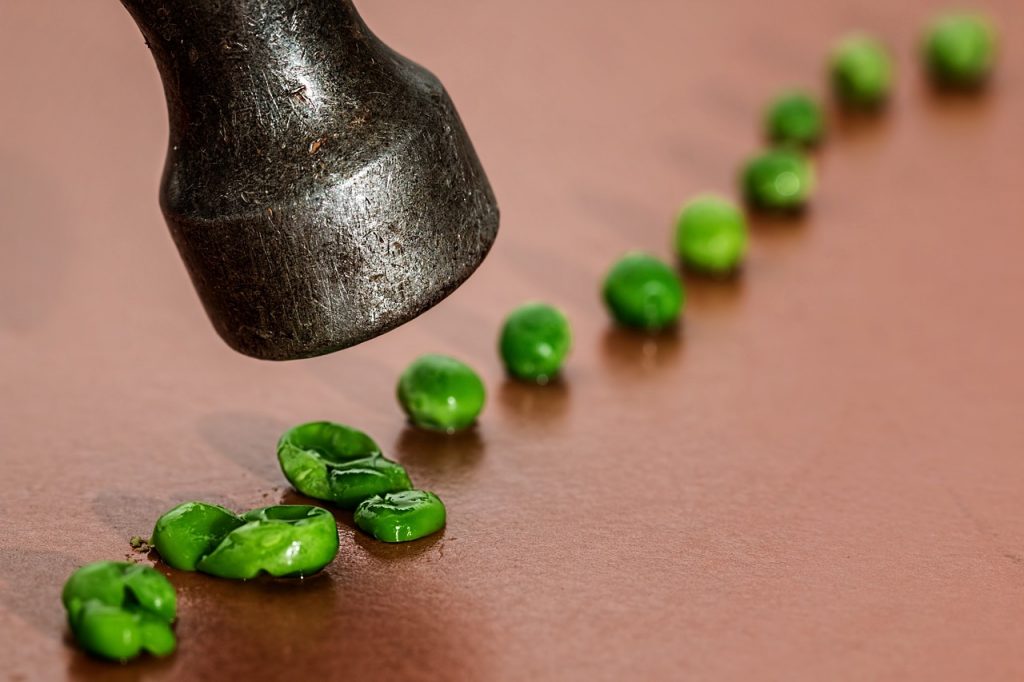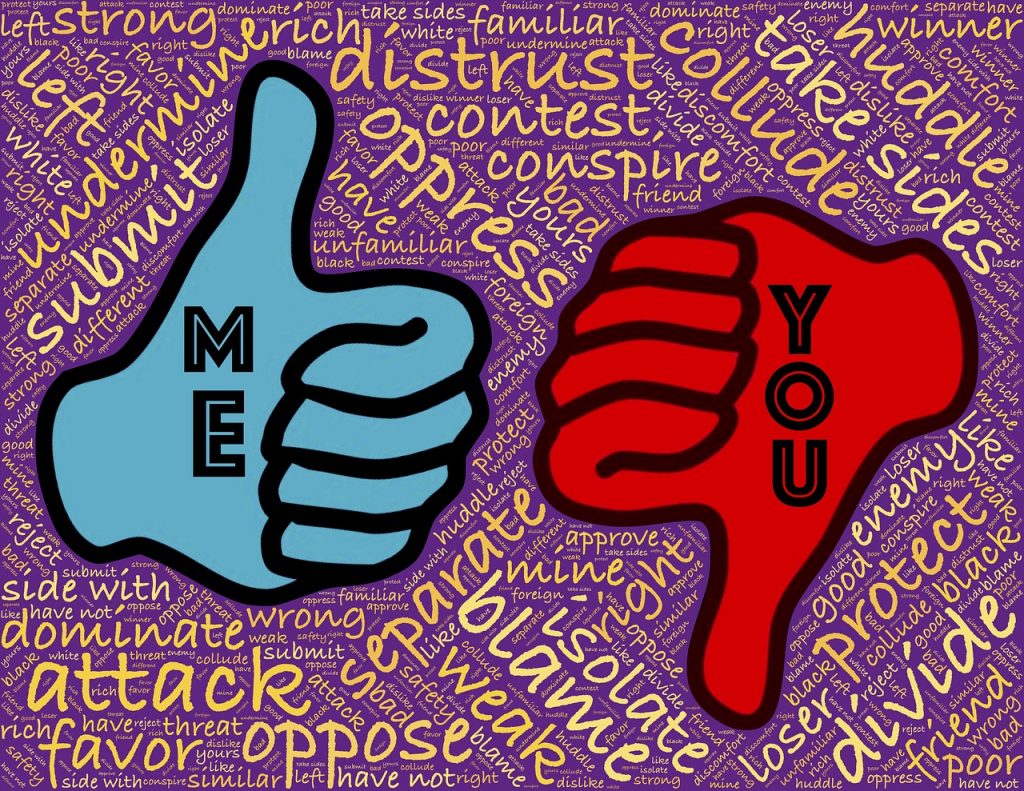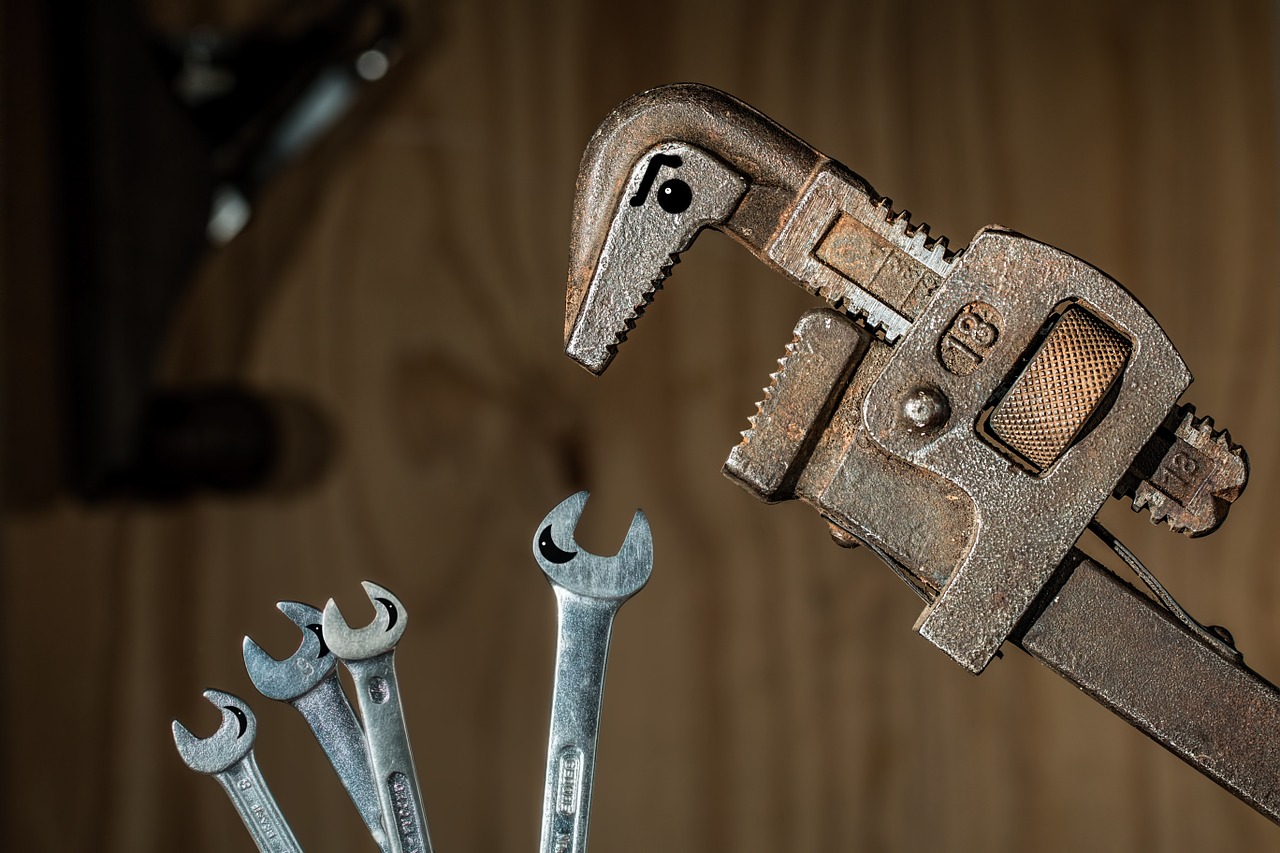We all know people who like to belittle, criticize, disparage, or all around badmouth others. Hopefully you’re not one of them.
It’s that person who often says nasty things about nearly everyone, the one who insults everyone regardless of relatedness, or the person who takes advantage of every opportunity to voice their opinion on how inept, stupid, hypocritical, or ugly someone else is.
There are countless people like this out there, and they all have an opinion about others, but never about themselves.
As a member of a species that so strongly values trust, sociability, and mutual altruism, I always ask myself: How the heck do these people get away with badmouthing others all the time? What is it about the social strategy of bringing others down that works for them?
I couldn’t answer these questions, so I set out to do some research.

The Fundamentals of Badmouthing
The fundamental purpose behind badmouthing others is to bring them down and make them feel bad by creating an anxious environment. If you have someone in your life who always throws insults at you or others around you, distance yourself from this person, otherwise you will continue to be the target of their need to belittle others.
As sad as it might seem, people who constantly put others down feel empowered by these actions. Badmouthing others allows them to insert an outside influence on a situation they might otherwise not be able to control. Criticizing or ostracizing others gives them power, but it’s a power that comes from fear, intimidation, and a whole other cluster of anti-social traits that form part of a common strategy used by people who like to manipulate and intimidate others.
In other words, these people are bullies.
Why Badmouthing Even Exists
Badmouthing can only exist if its effective and leads to advantageous social outcomes for the person who does the badmouthing. For whatever it’s worth, research has shown that cunning behavior such as badmouthing others tends to lead to success in various aspects of life including finding a partner and excelling at work.
But if it’s so bad, why is it that disparaging others is such an effective social strategy for some? It’s all about power, control, and self-confidence.
Power:
People who are known to sacrifice others for personal gain tend to create a fearful environment around them. It’s a dicey move, but bad mouthers exploit this, mainly because others allow it, empowering them.
Control:
Those who bad-mouth others can often be found in leadership roles. They put others down because they believe it has leadership advantages. This belief paired with the inaction of those being badmouthed increases their sense of control.
Self-Confidence:
It is common knowledge that confidence leads to success in various life realms. Those who resort to putting others down do so as a strategy to gain self-confidence, and bad mouthers seem to be pros at this.

So, which one are you…?
Are you someone who gains social power, control, and confidence by creating fear around you? Or, are you the person who helps others gain social power, control, and self-confidence by empowering others, concentrating on their strengths, rather than their weaknesses?
I am hoping you are the latter.
If you are one of those people who is always bad-mouthing and intimidating others for self-gain, I hope you understand this is a sign of weakness and not strength. If you are one of those who has a bad mouther in your life, stop empowering them by showing fear.
Remember that those who concentrate on helping, rather than taking from others, have a much better chance at building a solid human social behavior foundation. Don’t let a bully rule or ruin your day: stand up for yourself and learn to say fuck you.
